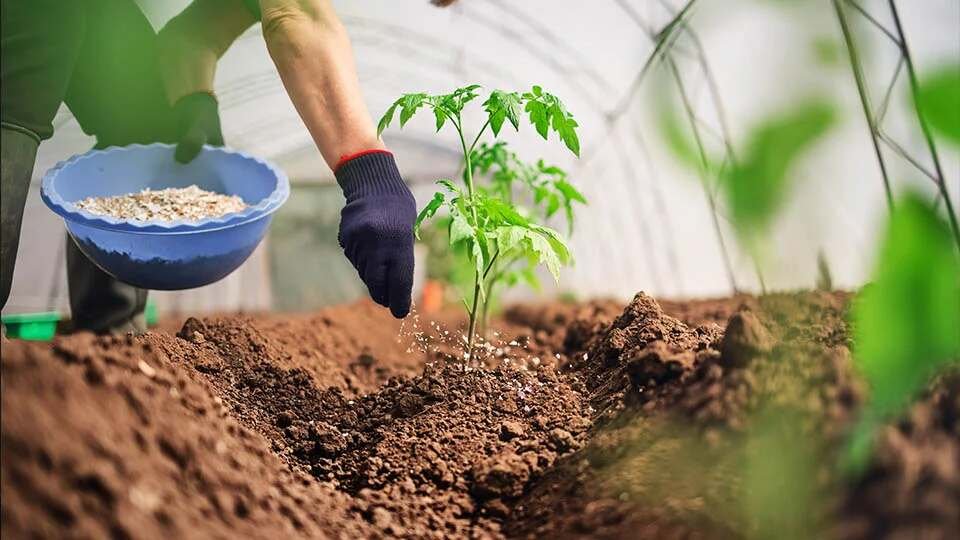Soil pH must be kept stable for plants to grow and absorb nutrients properly. Plant nutrient uptake is pH-dependent. Most plants like soil with a pH ranging from 0 to 14. Plants struggle to absorb nutrients when the soil is too acidic or neutral. Farmers and gardeners who test and analyze soil regularly and understand pH may make sound soil management decisions that promote plant development and yield.
The importance of pH in soil
Whether you have a large farm or plan on getting a self-watering plant at home, keeping the soil pH appropriate is essential for plant development and nutrient absorption. Acidic or basic soil is measured by pH from 0 to 14. Many plants thrive on 6–7 pH soil; under pH 6, calcium, phosphorus, and potassium travel less easily through soils. Alkaline soils (pH > 7) may lose chemicals, making trace element absorption difficult for plants. Gardeners and farmers may help plants grow and absorb nutrients by adjusting soil pH.
Essential nutrients for healthy soil
These components must be in the appropriate amounts for healthy soil and plants. This group includes vitamins and macronutrients. They are crucial to numerous plant processes. They’re named that and help things thrive. These compounds include nitrogen, phosphorus, and potassium.
All are needed more by the body. Even though we only require modest amounts, vitamins like iron, zinc, and manganese are essential for enzymes and digestion. The land will develop robust trees and loads of food if fed. To ensure this, monitor soil nutrients and know what each plant needs.
Factors affecting soil composition
Soil quality and plant growth are affected by several factors. Parent material is very important. This is the rock or sediment that makes up the soil. Soil’s minerals and shape depend on what it was made of before. How quickly pebbles break down and toxins wash away depends on the temperature and amount of rain.
Topography, which includes slope and elevation, affects how soil forms by changing how water drains and how much wear and tear it takes. Knowing these things about the soil helps farmers and gardeners choose the right soil additives to stop erosion and help plants grow.
Soil testing and analysis
Soil analysis and testing disclose each soil’s unique characteristics and requirements. Gardeners and farmers may test the soil to learn about its pH, nutrients, and organic matter. These tests detect soil imbalances so that the appropriate herbicides and fertilizers may be used. Soil examination indicates its structure and ability to retain water.
This information helps land managers select crops, hydrate them, and preserve the soil. This will keep plants healthy and produce more while reducing environmental effects.
End Note
Soil pH and composition play critical roles in plant growth and nutrient uptake. Farmers and gardeners can make sound soil management, nutrient, and fertilization decisions if they know the pH and regularly test and analyze their soil. This understanding allows land managers to establish an environment encouraging plant development, nutrient absorption, lush plants, and plentiful harvests.










